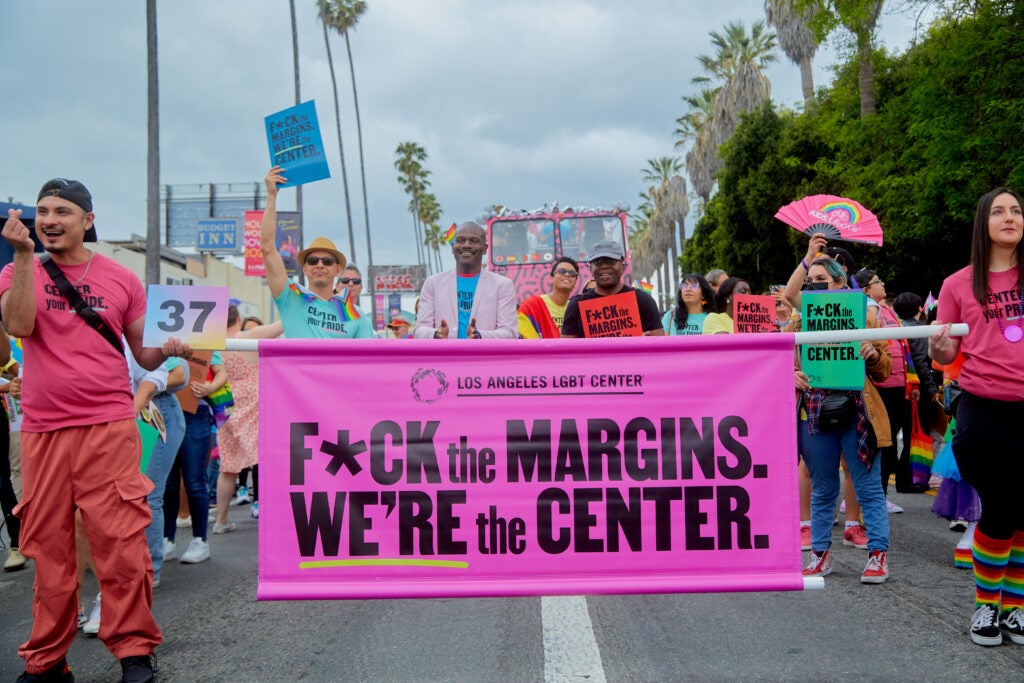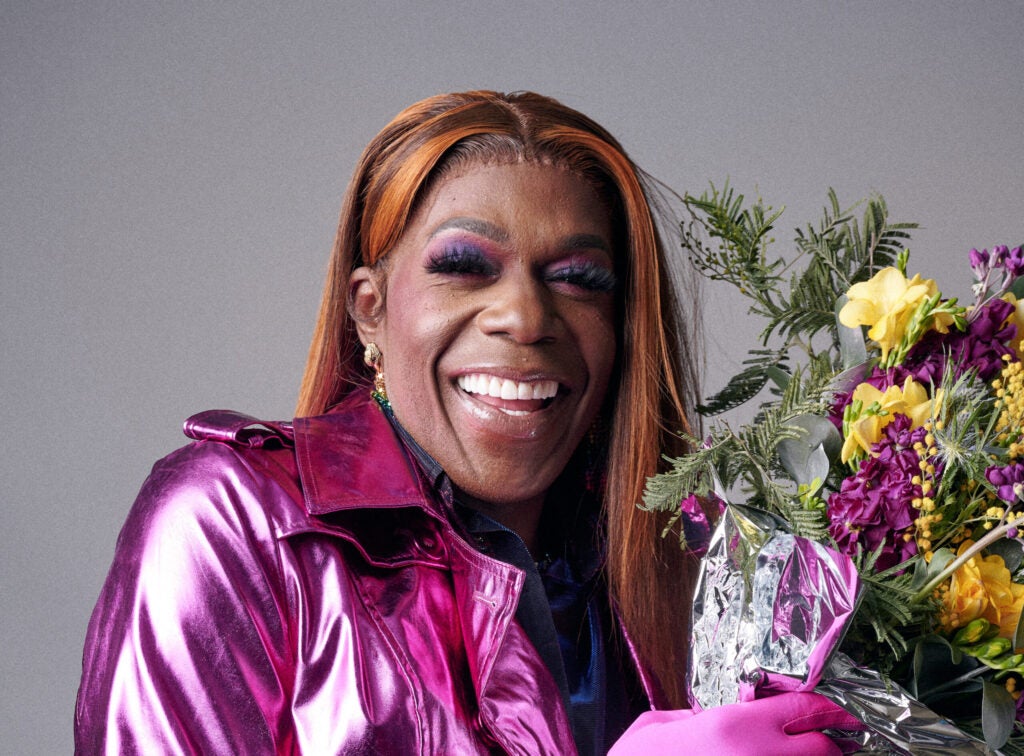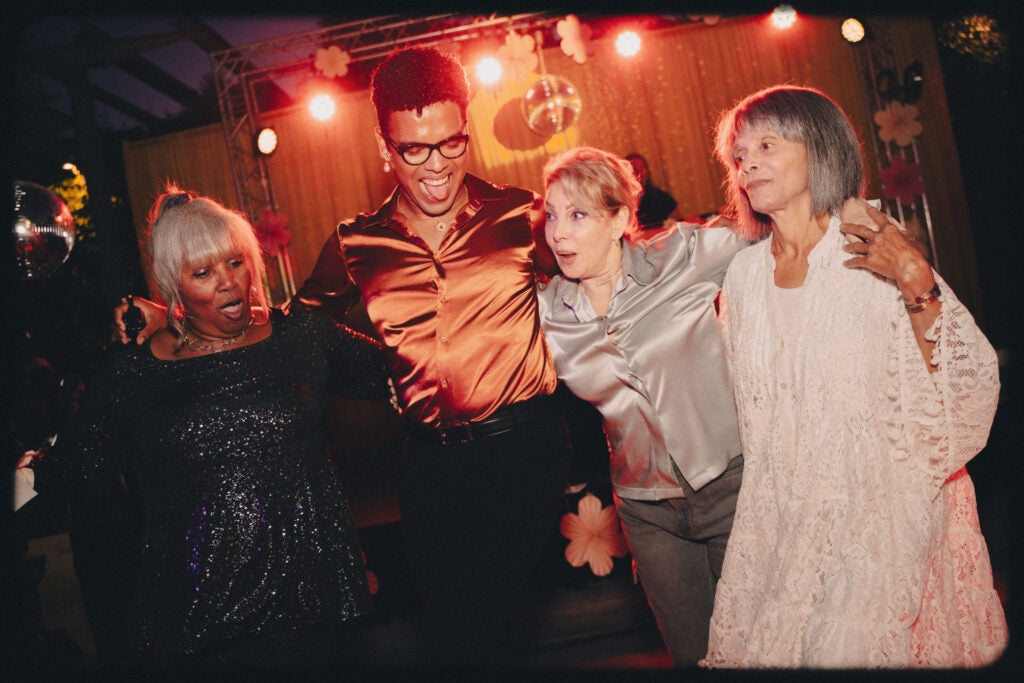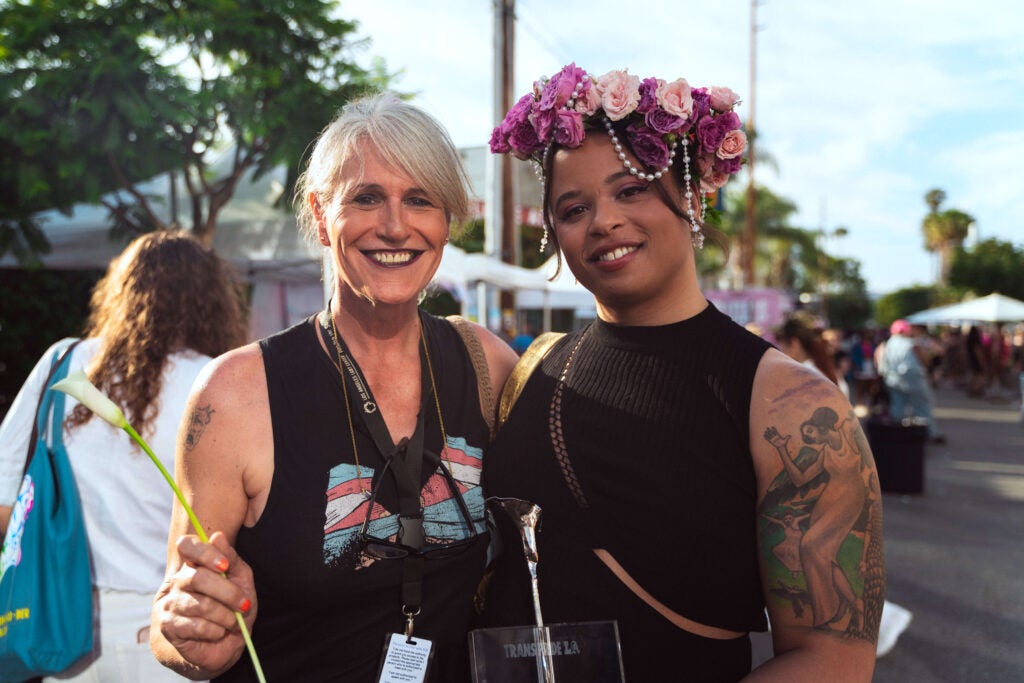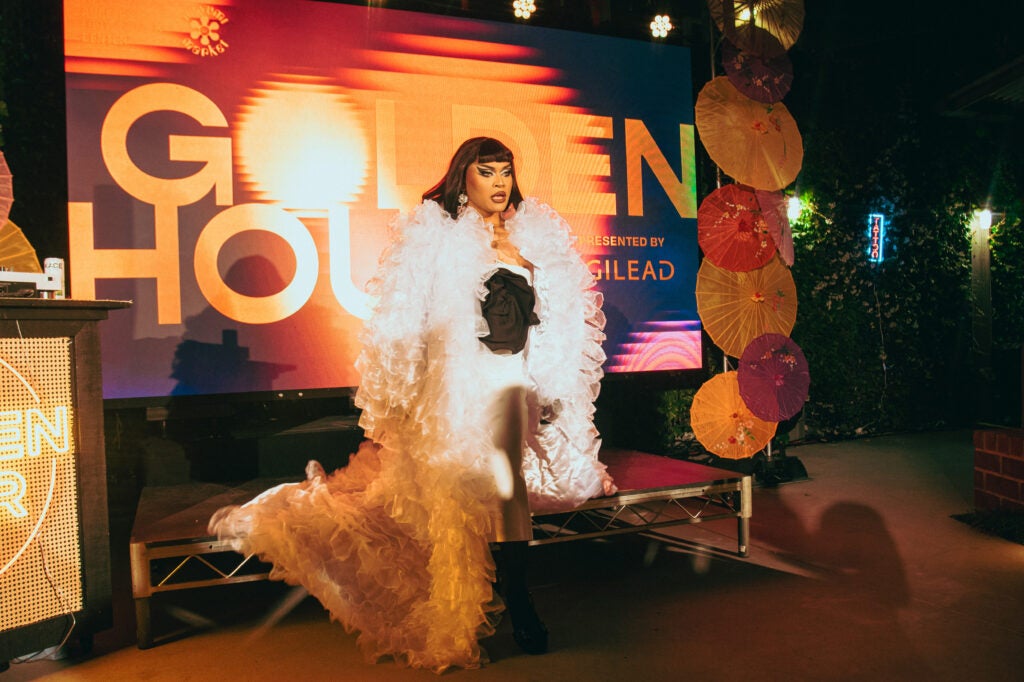The Los Angeles LGBT Center kicked off Black History Month this year with the in-person return of The Future Is Black, a free community event to celebrate Black artists and address some of the pressing issues that face Black members of the LGBTQ+ community.
Themed after Beyoncé’s Grammy-winning album Renaissance—which itself drew inspiration from the Black and queer artists who pioneered the genre of dance music—the event was hosted by journalists Tre’vell Anderson and jarrett hill of the FANTI podcast and featured an appearance by Beyoncé’s “Break My Soul” collaborator Big Freedia.
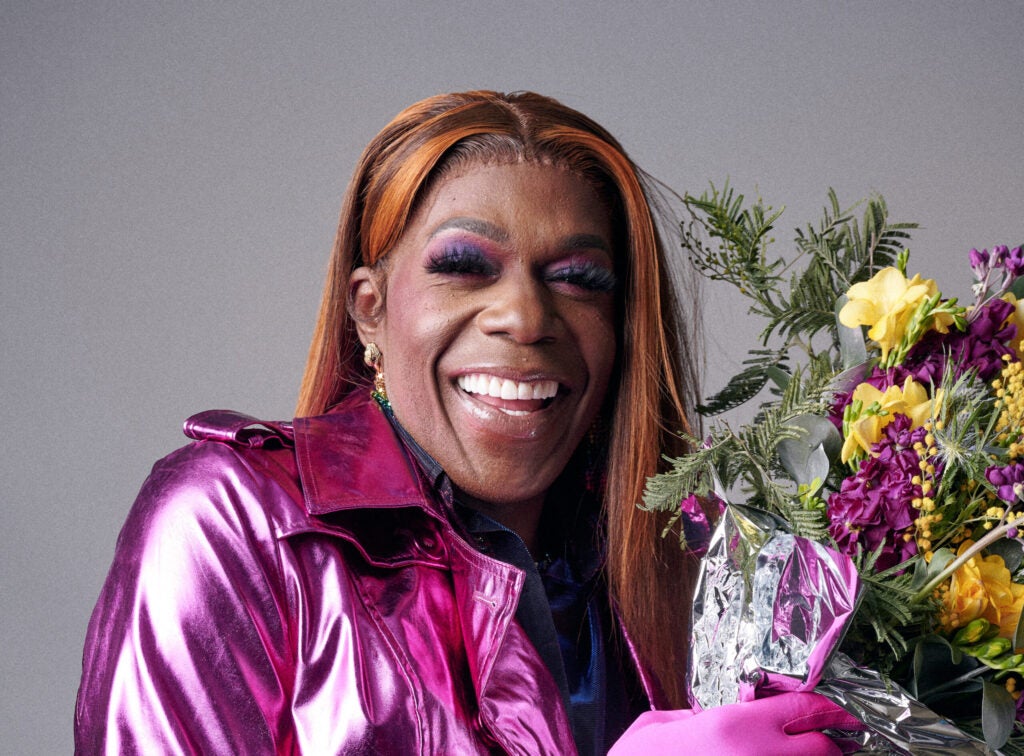
Freedia was honored with the Center’s Bayard Rustin Award for her fearless advocacy on behalf of the LGBTQ+ community, which she described to the audience as a major source of motivation throughout her storied career.
“I get DMs from people telling me that their family opened up to them after they watched my show,” Freedia said during the keynote conversation that followed her award. “Or it helped them to have a better relationship with their mom or their dad.”
Freedia sat down with content creator and activist Amber Whittington—known online as AmbersCloset—for the wide-ranging conversation, which touched on her career as a leader in the New Orleans bounce music scene, her relationship to her hometown, and how she hopes to inspire younger generations.
“I’ve had children say, ‘I couldn’t be me until I saw you be you.’ And that’s what it is—never change who you are and continue to be you,” she said.
Never change who you are and continue to be you.
Big Freedia
Attendees were also entertained by a live version of Anderson and hill’s podcast in which they touched on topics including the role of religion in the Black community, their plans to secure tickets to Beyoncé’s upcoming tour, and more.
Hosted by the Center’s own Oliver Delgado, the final panel of The Future is Black: Renaissance was called “America Has a Problem,” and welcomed Capri Maddox, the executive director of the first-ever Los Angeles Civil Rights department, to survey the city’s progress in the years since the protests and civil unrest of 2020.
The night then closed out with a mini-ball reception headlined by DJ Lancia featuring iconic guest judges from the Los Angeles ballroom scene and a live portrait studio by international photographer, Cédric Terrell.
Read More
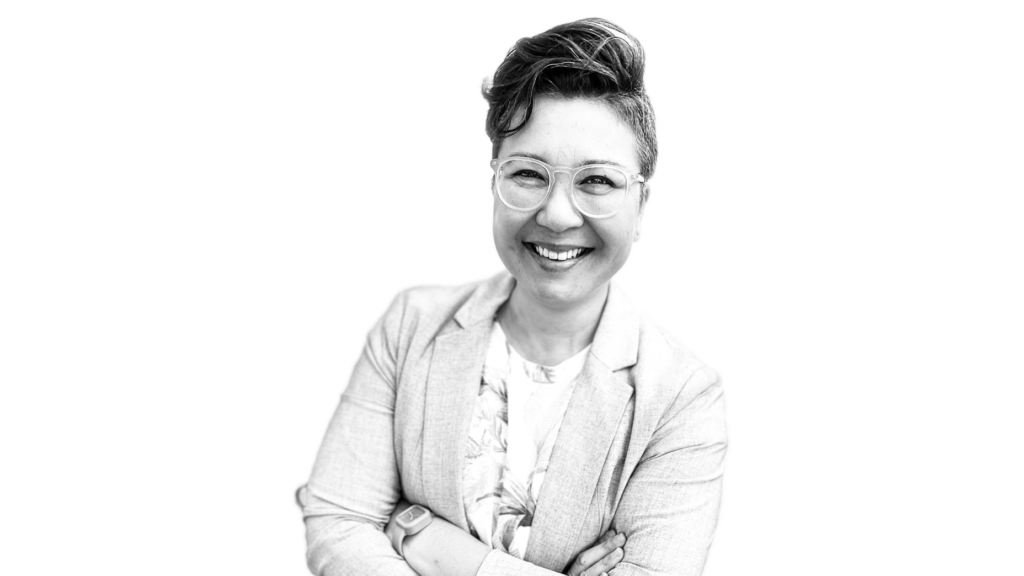
Bridging Communities While Honoring the Diversity of AANHPI Month: Emiko Kenderes’ Journey at the Los Angeles LGBT Center
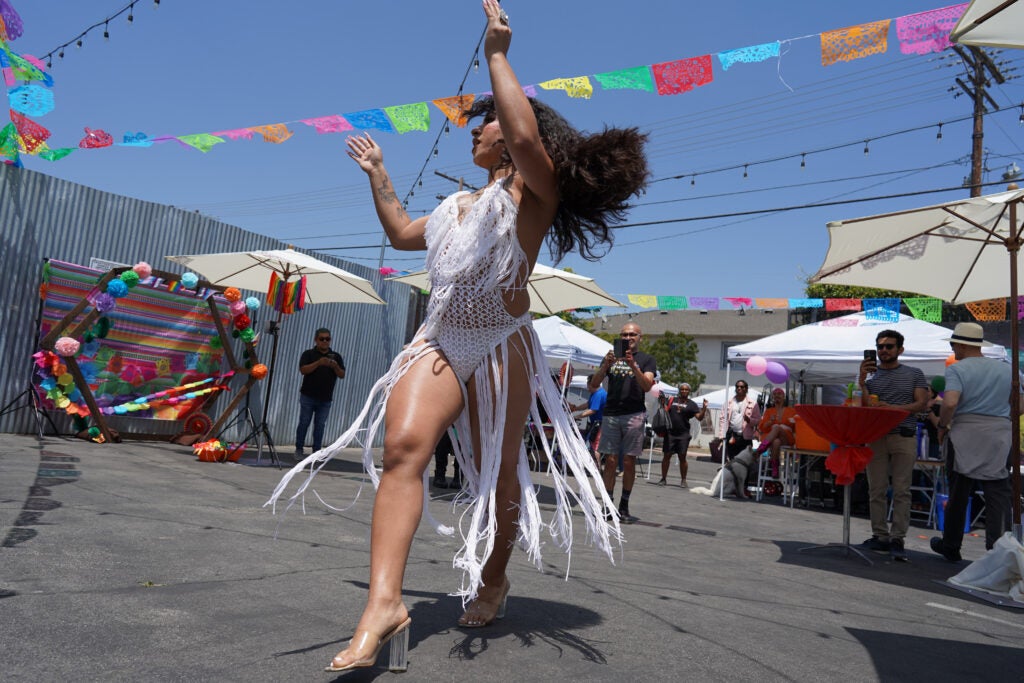
2nd Annual Sabor de Mi Centro Block Party Boogies in Boyle Heights
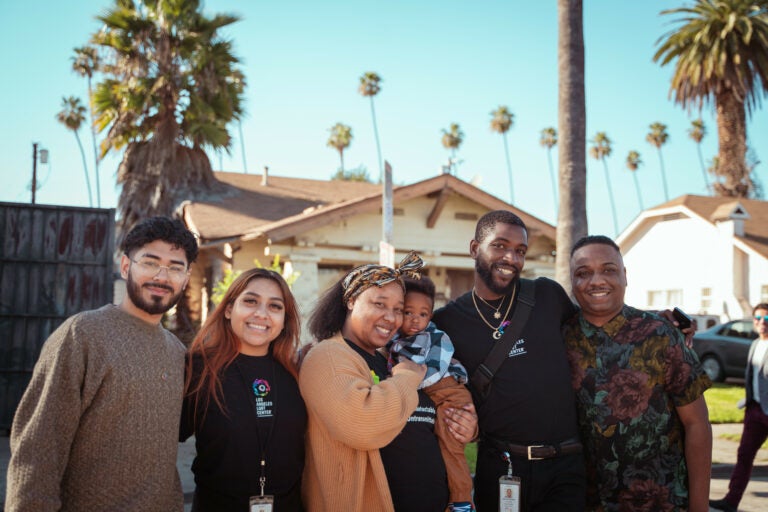
Center South Celebrates Three Years of Service in South Los Angeles
